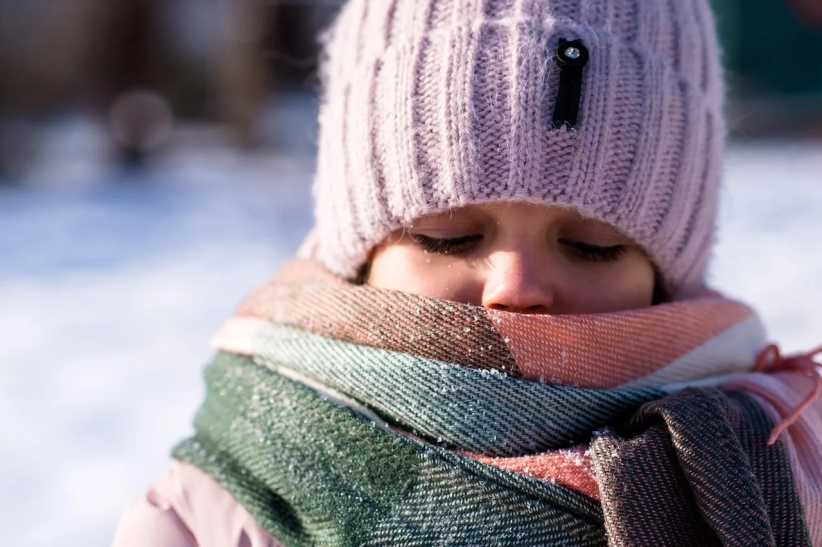
Bird Flu Concerns Rise: 60+ Infected, Raw Cat Food Recalled
What parents need to know about bird flu
As flu cases surge in New York and people continue to catch COVID, RSV and other germs, especially after recent holiday gatherings, the bird flu is becoming an increasing concern as more humans and animals are being infected.
Psst… Flu Cases Surge 72% in New York City as Virus Spreads
Here’s what we know so far:
- The U.S. Centers for Disease Control and Prevention says more than 60 people in eight states have been infected with bird flu also known as avian flu. Though most have mild symptoms, health officials reported that one person in Louisiana was hospitalized with the first known severe case of the virus in the U.S.
- The virus, also referred to as H5N1, was first detected in U.S. dairy cattle in March. Since then, bird flu has been confirmed in over 866 herds across 16 states. This has prompted California to declare a state of emergency.
- Bird flu has been spreading in Washington state, and one animal sanctuary was severely affected. Over several weeks, 20 big cats, more than half of their total population, died. The animals lost include five African servals, four bobcats, four cougars, two Canada lynxes, one Amur-Bengal tiger mix, and other big cat species.
- The virus has also affected domestic cats. Cats are particularly vulnerable to bird flu and when they get it, they don’t do very well. It seems to be less prevalent in dogs. A recall was issued for a batch of raw and frozen pet food that tested positive for bird flu after two domestic cats who ate it died from the virus. Four cats in total have died from the virus, though vets warn those numbers are likely underreported. Northwest Naturals urged customers on Tuesday to throw away their Feline Turkey Recipe raw frozen pet food if the sell-by date is between May 21, 2026, and June 23, 2026.
- As of today, no known cases have been found in dairy cattle in New York though it has been found in wild birds, domestic poultry, and other wild animal species.
Should Parents Be Worried?
“While the public health risk remains low at this time, the CDC is following the situation very closely,” says Dr. Magdalena Sobieszczyk, chief of the Division of Infectious Diseases at NewYork-Presbyterian/Columbia University Irving Medical Center.
The bird flu has not yet been transmitted from human to human, but there have been two cases in people who didn’t have a known connection to infected animals.
“There is no reason for people to panic, but the general population should pay attention to developments as the situation is fast-moving and we do have to be prepared,” adds Dr. Marcus R. Pereira, medical director of the Transplant Infectious Diseases Program at NewYork-Presbyterian/Columbia University Irving Medical Center.
However, the threat remains of the infection mutating and spreading more easily, “Every influenza pandemic in the 20th century has originated from animals, whether swine or bird, and the virus rearranges itself to then effectively infect humans,” says Dr. Pereira. “A recent study found that it only takes a single mutation in the H5N1 virus found in dairy cattle and birds to make humans susceptible to the virus.”
Symptoms of Bird Flu
Bird flu symptoms in humans can vary, ranging from mild to severe. Milder symptoms can include things like red eyes, similar to conjunctivitis, along with fever, cough, sore throat, muscle aches, and fatigue.
Dr. Sobieszczyk explains that in more serious cases, bird flu can lead to respiratory problems such as bronchitis, pneumonia, and even respiratory failure, where the lungs become so inflamed that they can’t process oxygen. The symptoms can be similar to regular flu, so getting the flu vaccine is recommended to help prevent serious complications.
How Bird Flu is Transmitted
You and your pets can catch bird flu if you’re in close contact with infected birds or animals, especially without protection. So far, it hasn’t spread from person to person.
One person in Missouri who became sick without direct contact with animals has since recovered, and there has been no further spread among those they were in close contact with.
How to Protect Your Family and Pets
Taking certain precautions can also help protect your family from the bird flu:
- Make sure to only consume pasteurized milk and dairy products, as pasteurization helps kill harmful bacteria and viruses. It’s best to avoid raw milk, as it can carry risks of infection and contamination that pasteurization eliminates.
- Be sure to wash your hands often after handling birds, wild animals, livestock, or spending time in places where they hang out. This includes petting zoos, farms, or areas with water where geese or ducks are around.
- The American Veterinary Medical Association advises cat owners to not feed their cats raw food or unpasteurized milk, keep them away from wild birds, and prevent them from going outdoors.
- Take your shoes off before entering your home if you’ve been in areas where birds are present. This helps prevent spreading bird droppings or anything else that might be contaminated with the virus inside your house.
Psst…Check Out How to Save Money on Pets and Pet Supplies














